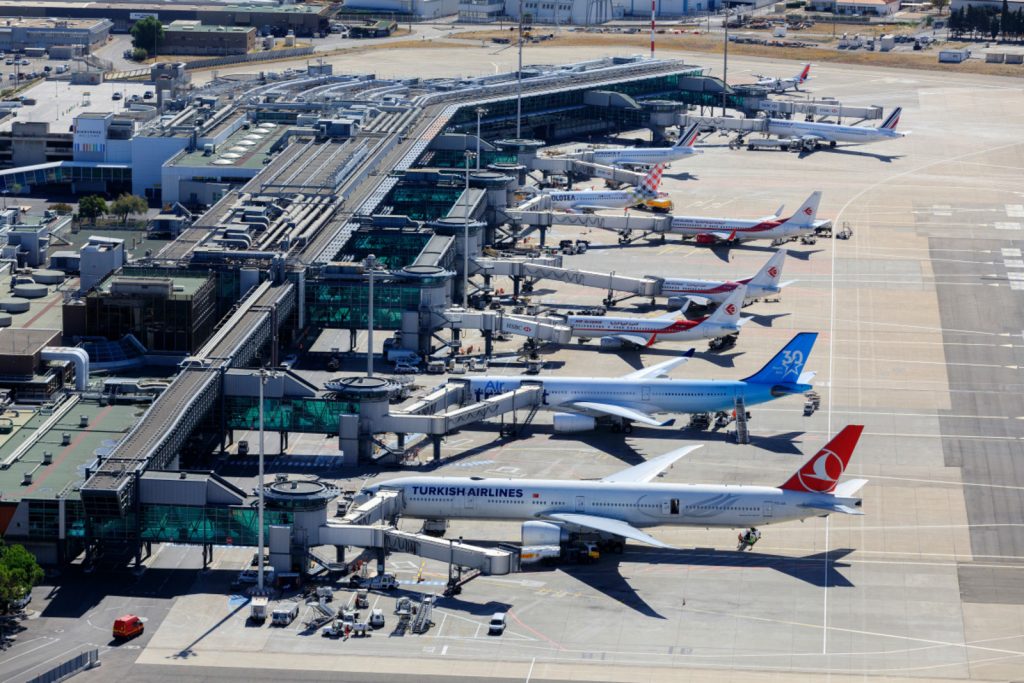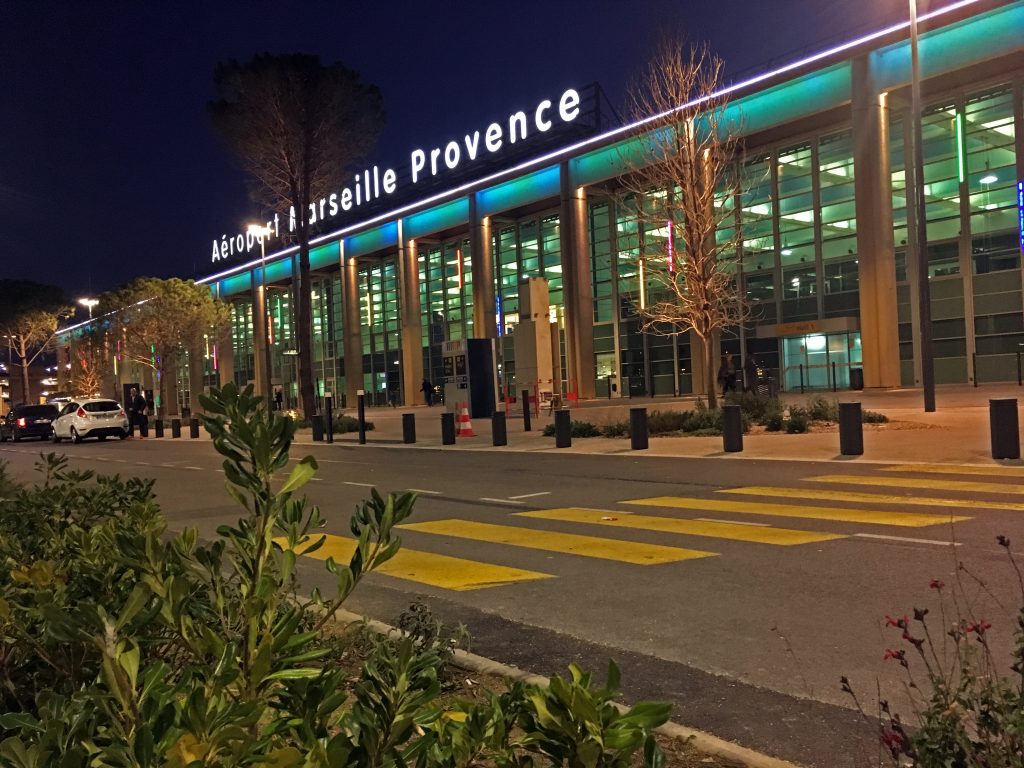Marseille Provence Airport
Marseille Provence International Airport is the third largest airport in France (excluding Paris) in terms of traffic, with more than eight million passengers welcomed each year.
Located next to the Etang de Berre, in an area with a high industrial and urban density, the airport is in the middle ofan area that generates a lot of dust. The installation of air filtration has proved essential to avoid clogging of the exchangers and to maintain the energy performance of the facilities.
Although most of the establishment’s surface area is dedicated to air terminals and offices, air filtration affects more specific areas such as computer rooms, inverters, technical rooms and electrical substations. To do this, the airport has 85 air processing units and nearly 400 fan coil units, as well as numerous insulated air filters.
Régis Rambert, head of the Maintenance and Air Conditioning workshop team at the airport, describes his role in the management of air filtration:
Our workshop’s task is to ensure that all thermal production equipment works properly and is correctly maintained (air conditioning, heating and fluid management). Our team is made up of eight people. We perform all repairs for the Maintenance Department of the Technical Department, which numbers 130 people.The frequency of filter replacement is seasonal (before summer and before winter). We also work with sensors that
trigger replacement beyond a certain threshold. For the moment we do not have any hygiene constraints in terms of air filtration inside buildings. With the planned expansion of the airport in the coming years, there will be regulations on indoor air quality. Air filtration is therefore an area where we have not finished working.

Why did you choose AFPRO Filters?
When choosing our filter supplier, we were mindful of the energy performance of the products offered. For the same product, we have opted for the most economical consumption. To support our thinking, AFPRO Filters has commissioned a technical case study with an explanation of the life-cycle cost of their products, which proved to be very enlightening. We appreciated other details, such as the presence of handles on the product packaging boxes. It doesn’t seem like much, but when you handle a large number of them, it makes a big difference. The fact that our storage constraints have been taken into account and factored into delivery frequencies has been a real plus for us. We have a good relationship with AFPRO Filters. Their sales representative visits regularly to check that everything is going well.

A perspective from Michael Lepichon, (Office Manager AFPro Filters) who managed the response to the public procurement contract at Marseille Provence Airport:
For each public sector call for tenders, we study several documents provided by the client: the technical specifications, the administrative specifications and the unit price list (UPL). After studying the bids, each tenderer receives a technical score, a price score and sometimes a score on the company’s environmental commitment. In 90% of cases, it is the price score that guides the customer’s final decision.
In our approach to public procurement, we try, as far as possible, to focus our approach on improving what is already in place at the client’s premises. When we were alerted to Marseille Provence airport’s call for tenders , in addition to answering the usual questions, we drafted an optimisation audit of their existing installation. Although this study was not requested at this stage of the call for tenders, we found it relevant to present them with a study of the financial, energy and environmental impact of their current facility. We drew up two additional proposals, with two areas for improvement: one based on efficiency (installation of filters with a larger filtration surface, which need to be renewed less often), the second on energy efficiency. All electrical appliances nowadays have an energy classification (A+, A, B, etc.). Our filters also have this type of label. By offering filters which consume less energy, we have positioned ourselves on filters that are a little more expensive to buy, but more cost-effective over time in terms of electricity consumption. This is the solution chosen by the customer.
In addition, Jérémy Potvin, a sales representative in the Provence-Alpes-Côte d’Azur sector, states: “Ourcompany is not just a supplier of filters, however efficient they may be. AFPRO Filters aims to offer the most efficient air filtration solutions, guaranteeing the best possible air quality. If the approach also allows the customer to save electricity and reduce their carbon footprint, everyone wins.”
This audit was particularly appreciated by the client, who found it clear and accurate. Mr. Rambert subsequently informed us that this audit made the difference compared to the other applications received, and that the call for tenders was won in part thanks to it. For this contract, we have also been careful to factor in a strong logistical constraint: the limited storage space within the airport infrastructure. This has involved the implementation of more orders closer together, instead of spaced orders that require more storage.






